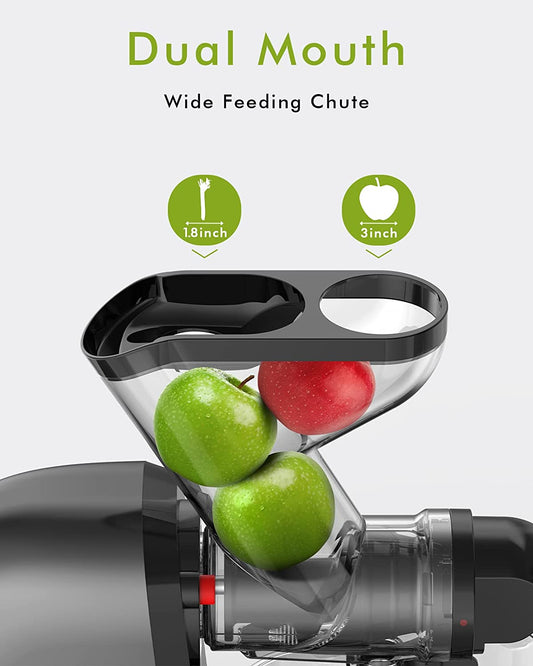1 You may experience excessive gas.
Like all cruciferous veggies (like broccoli and Brussels sprouts), cauliflower contains the complex sugar raffinose. This sugar is tough for the human body to break down, and in turn, it travels to the large intestine undigested where bacteria ferment it—leading to possible gas and bloat.
2 You may be at a reduced risk of developing certain cancers.
Many people turn to cauliflower as a low-carb and low-cal weight loss-friendly food, but eating this veggie has benefits beyond helping your jeans fit.
Cauliflower contains an antioxidant called indole-3-carbinol. And this antioxidant is linked to a reduced risk of developing reproductive cancers in both men and women (like breast cancer and prostate cancer).
Another component found in cauliflower called sulforaphane has been linked to a reduced risk of developing certain cancers as well.
3 You may experience a reduced effect of your blood-thinning medication.
Most people know that eating foods that naturally contain vitamin K should be monitored when taking blood-thinning medication to avoid unwanted interactions. In some cases, taking in too much vitamin K on an inconsistent schedule can cause the dose of the blood thinner to not work as well, increasing a person's risk of developing a dangerous blood clot.
While green leafy veggies are notorious for being vitamin K-rich foods, cauliflower contains this blood clot-supporting nutrient too. If you are taking a blood thinner, going cauliflower-crazy can lead to an unsavory effect.
4 You may experience hypothyroidism if you have an iodine deficiency.
Cauliflower contains a slew of phytonutrients that offer some amazing health benefits. However, one such phytonutrient produces a molecule called isothiocyanates, which can interfere with iodine absorption in those with low dietary iodine intake, especially if cruciferous vegetables like cauliflower are eating in large amounts.
However, if there is no iodine deficiency, the risk does not appear to be present. In one study, those who ate 5 ounces of cooked Brussels sprouts (another source of isothiocyanates) every day for four weeks did not result in hypothyroidism.
5 You may feel less hungry.
The darling of cauliflower claims is that it is a great weight-loss food. Since it is a low-carb, low-cal, low-fat, and high-fiber food, it checks almost all of the boxes when it comes to a slim-down food.
Fiber is particularly key to weight loss, as eating it in adequate amounts has been linked to increased satiety—possibly resulting in people eating less over the long run.
6 You may have a strong immune system.
Eating one entire head of cauliflower will supply you with four times the recommended amount of vitamin C. And since this nutrient is linked to immune support, enjoying some riced cauliflower in your citrus smoothie may give you that extra boost that your body needs during cold and flu season.










